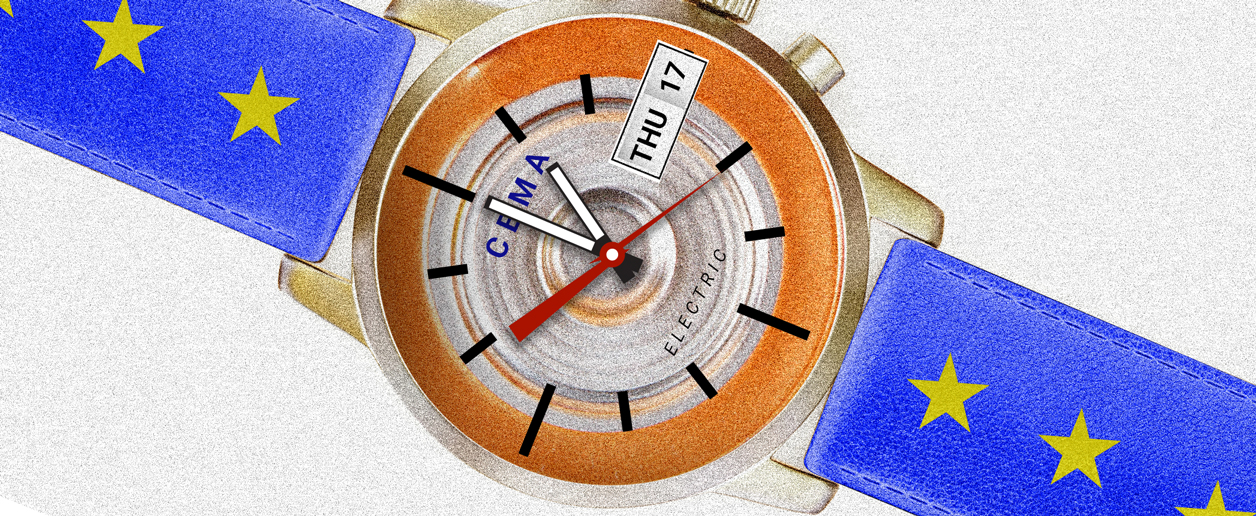
Batteries are a key technology that drives the transition to green energy and transport, supports sustainable mobility and contributes to climate neutrality.
Global demand for batteries is increasing rapidly. The European Union will account for an estimated 17% of the market by 2030. The main driver is electric vehicles. This exponential growth will lead to an even greater demand for raw materials. It will also create an urgent need to minimize the environmental impact of extraction and supply chains.
Since 2006, the EU has regulated new and waste batteries with the Batteries Directive. The EU Commission proposed a revision of this directive in December 2020. New socioeconomic conditions, technological developments, markets and battery applications, as well as the European Green Deal’s circularity ambitions, precipitated the review.
Now, a new Batteries Regulation came into force in August. For the first time, this regulation enshrines sourcing, manufacturing, use and recycling into one law.
The regulation will ensure that batteries have a low carbon footprint, use minimal harmful substances and fewer raw materials from non-EU countries. It also makes sure they are collected, reused and recycled to a high degree. This should support the shift to a circular economy, increase security of supply for raw materials and energy, and enhance the EU’s strategic autonomy.
To that end, starting from 2025, the new regulation will gradually introduce declaration requirements, performance classes and maximum limits on the carbon footprint of electric vehicles, light duty transport such as e-bikes and scooters and rechargeable industrial batteries.
Member states must recycle all collected waste batteries. They have to achieve high levels of recovery, in particular of critical raw materials such as cobalt, lithium and nickel. This will guarantee that valuable materials are recovered at the end of their useful life and returned to the economy.
Under the new law’s due diligence obligations, companies must identify, prevent and address social and environmental risks linked to the sourcing, processing and trading of raw materials such as lithium, cobalt, nickel and natural graphite contained in their batteries. The expected massive increase in demand for batteries in the EU should not contribute to an increase of such environmental and social risks.
To follow this path, the commission also launched the European Battery Alliance in 2017 to build an innovative, sustainable and globally competitive battery value chain in Europe, and ensure supply of batteries needed for decarbonizing the transport and energy sectors.
While work will now focus on the application of the new Batteries Regulation in EU member states, the commission also adopted on August 17 detailed reporting rules for the transitional phase of the Carbon Border Adjustment Mechanism (CBAM). CBAM starts on Oct 1, 2023 and runs until the end of 2025. CBAM is the EU’s landmark tool to fight carbon leakage. This happens when companies based in the EU move carbon-intensive production abroad to take advantage of lower standards. Leakage also occurs when more carbon-intensive imports replace EU products, which in turn undermines climate action in the EU.
Thus, August 17 was a decisive day for the EU and its ambition to become climate neutral by 2050.
STAY SuSTAYnable!


Sorry, a technical error occurred and we were unable to log you into your account. We have emailed the problem to our team, and they are looking into the matter. You can reach us at lubesngreases@omeda.com.
Click here link to homepage